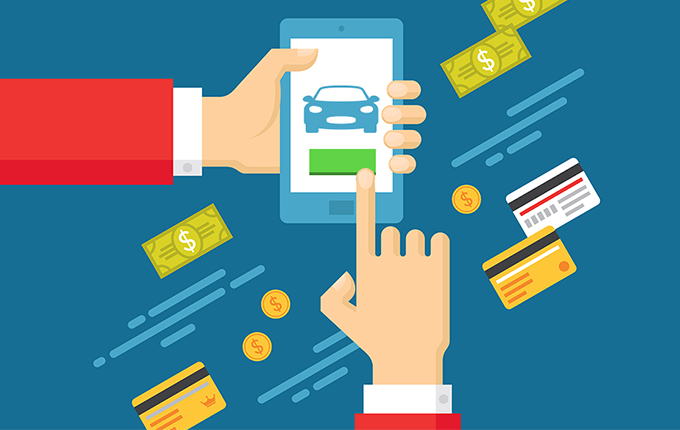What is Pay Per Click Advertising?
Pay per click (PPC) or cost per click (CPC) advertising is a form of search engine marketing (SEM). It means that you pay a small amount every time somebody clicks on your ad, which will take them directly to your website.
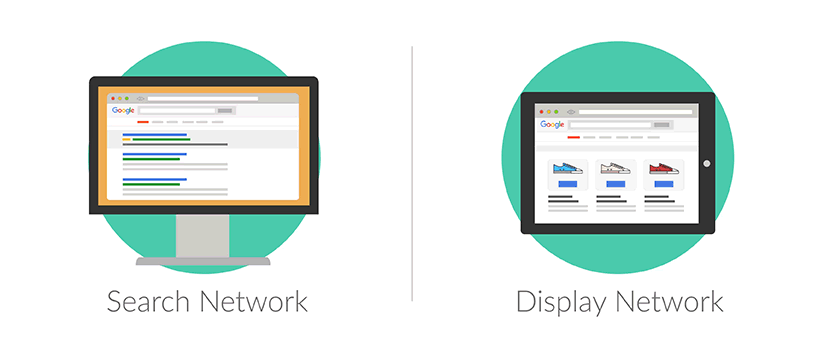
PPC Marketing
The more people the visit your website, the more successful your business is likely to be. It can be very difficult for businesses to compete for the top spots in Google searches, however, especially when up against large businesses with vast resources. There are other ways to gain traffic, though, a Pay Per Click (PPC) is one of them.
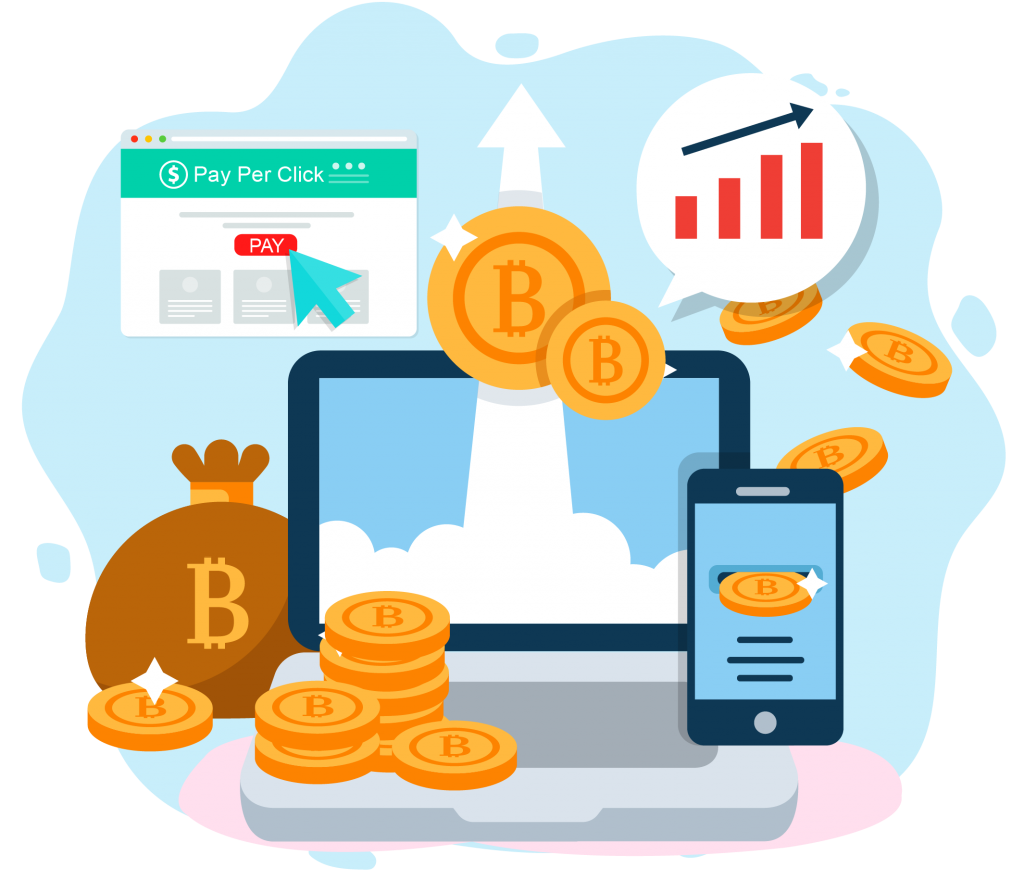
PPC advertising involves the following key components:
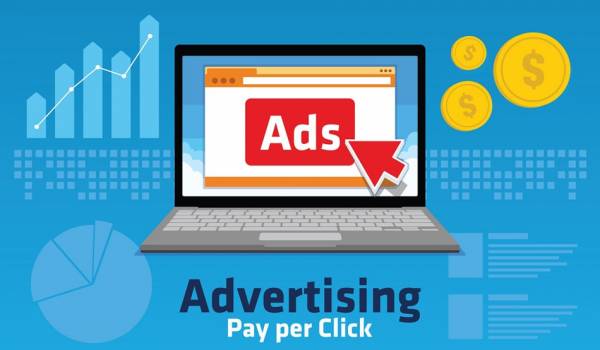

Keyword selection

Targeted Copy

Quality Score
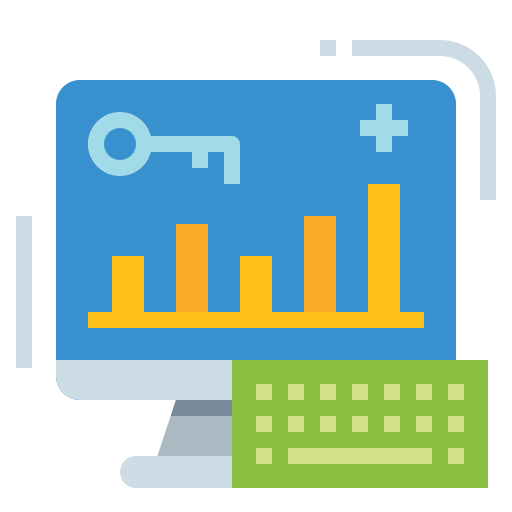
Keyword Bidding
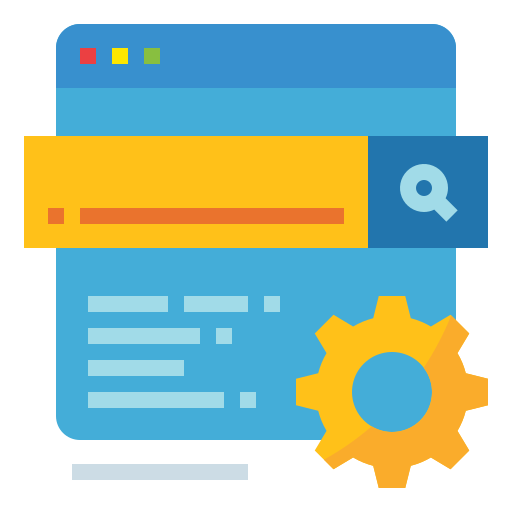
Landing Page Quality
Benefits of Pay Per Click Advertising
Advertising is not a new business concept. For centuries, businesses have created different types of marketing content to attract, inform, and convert new customers and nurture relationships with existing ones. PPC advertising offers benefits that traditional advertising cannot.
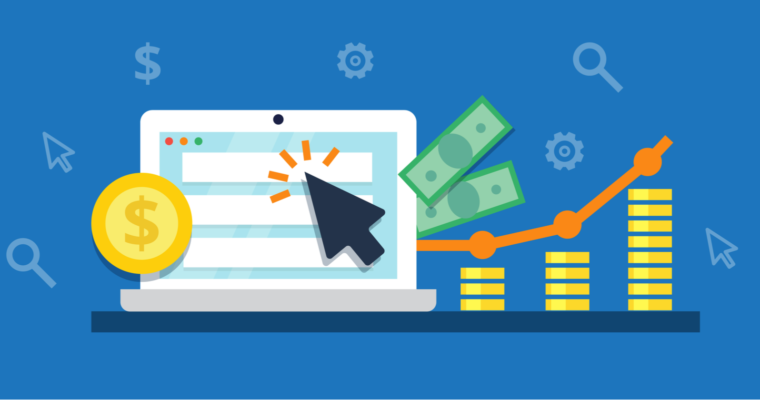
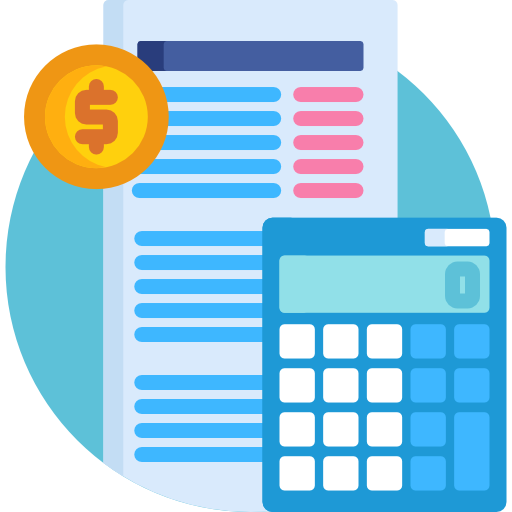
Cost

Audience targeting

Measurability and Flexibility

Access to non-search sites

Remarketing
Pay Per Click Advertising vs. Search Engine Optimization (SEO)
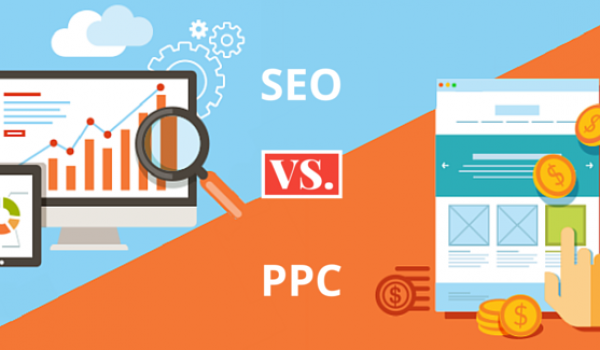
Search engine optimization (SEO) is an effective way to drive organic (unpaid), high-quality traffic to your website. SEO increases your brand’s visibility by improving your sites ranking on search engine results pages (SERPs).
Google is the current dominating search engine powerhouse. The site receives at least 2 trillion typed and spoken queries each year. Google only displays ten results per page. Less than 6% of all newly published pages get to a coveted Google Top 10 spot within a year.
Google ads (formerly known as AdWords) is a significant money-maker for the company. Participation is encouraged by prime real estate placement for PPC ads. On Google, for example, four appear above organic search results, and three are at the bottom of the page.
The amount of time it takes to see results SEO is a significant drawback. PPC advertising starts working from day one. You can use PPC as a stand-alone marketing strategy. However, research shows that diversifying your marketing techniques is a better approach. SEO and PPC are complementary and work better when used together. Organic traffic is, ultimately, better for your customers and your budget.
Running a Successful PPC Campaign
PPC campaigns are an effective and powerful marketing strategy when properly planned and executed. Running a successful campaign requires time and the right set of skills. The team at SEO Australia has the skills and experience needed to make your PPC campaign a success. Contact us and we will be more than happy to help in any way that we can.
